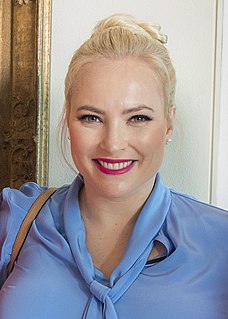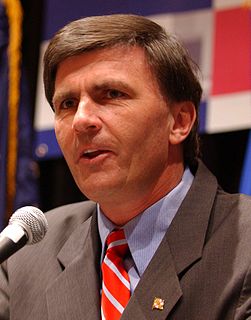A Quote by Judith Martin
There are three social classes in America: upper middle class, middle class, and lower middle class.
Quote Topics
Related Quotes
The government decides to try to increase the middle class by subsidizing things that middle class people have: If middle-class people go to college and own homes, then surely if more people go to college and own homes, we’ll have more middle-class people. But homeownership and college aren’t causes of middle-class status, they’re markers for possessing the kinds of traits — self-discipline, the ability to defer gratification, etc. — that let you enter, and stay, in the middle class. Subsidizing the markers doesn’t produce the traits; if anything, it undermines them.
The American middle class always wants to be upper class and is scared to death of being lower class. It's a highly mobile group of people. They're not like the people that want to be shopkeepers forever, have always been shopkeepers and want always to be shopkeepers. These people mostly are insulted by being called middle class.

































